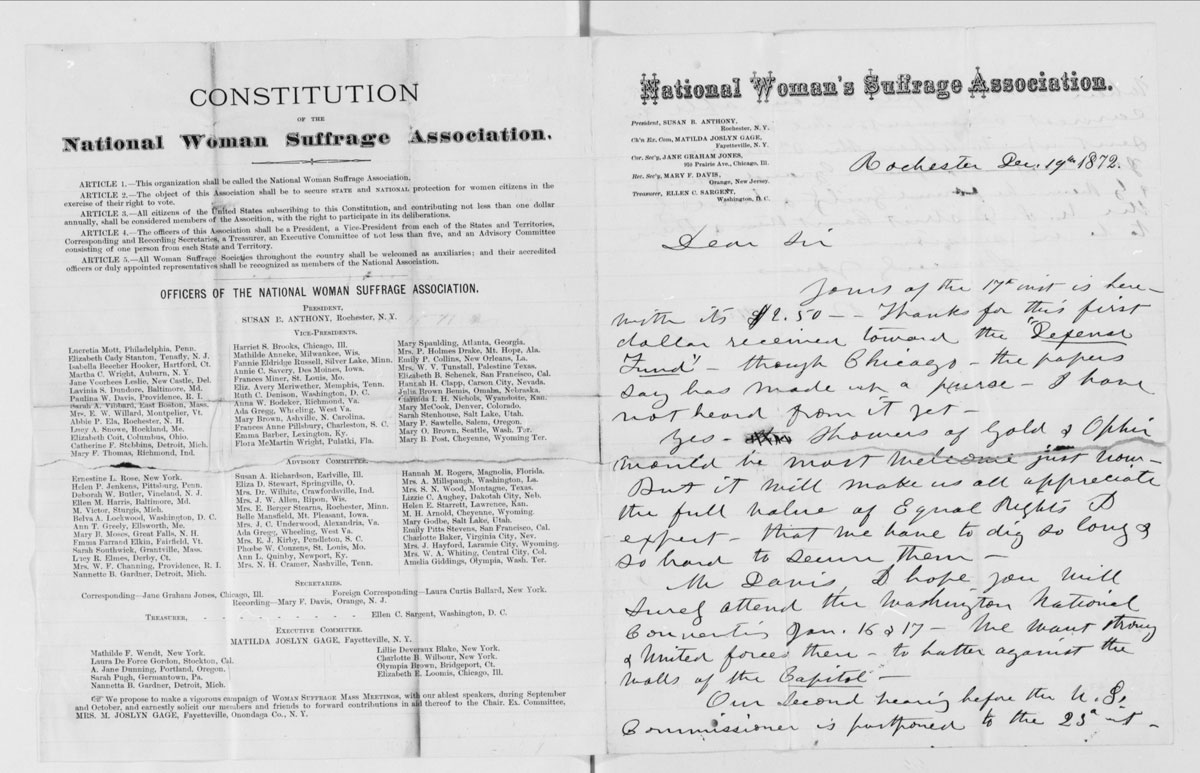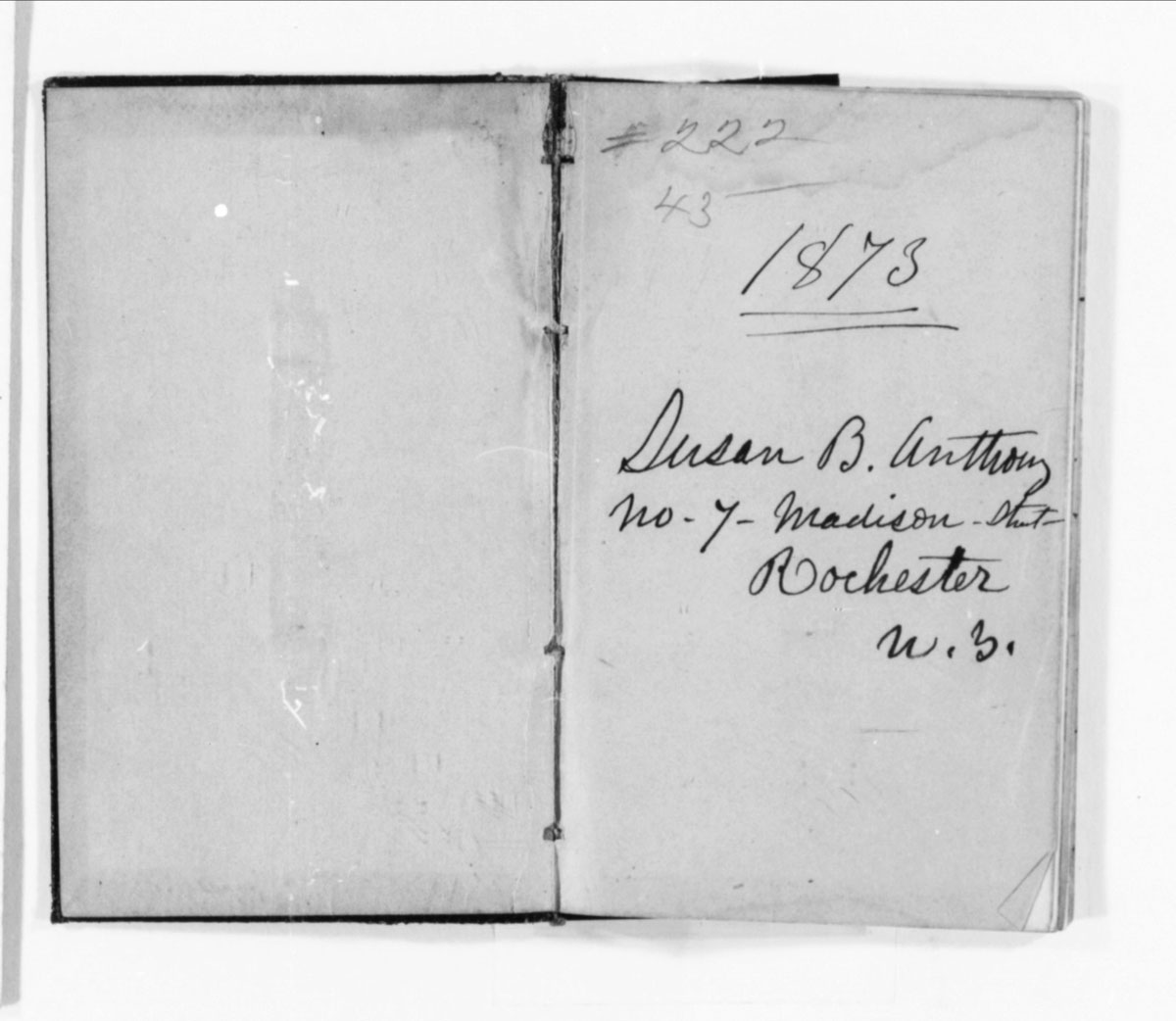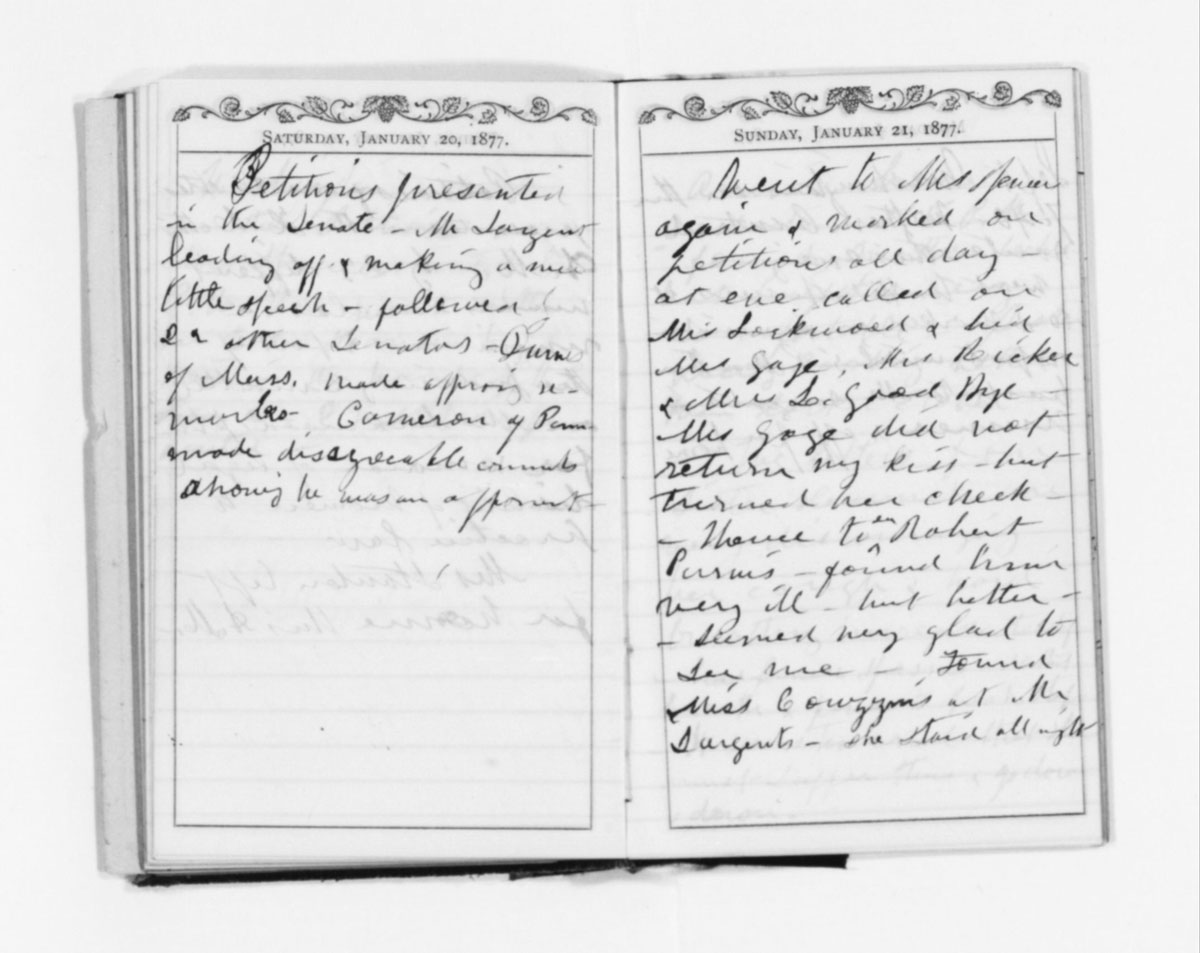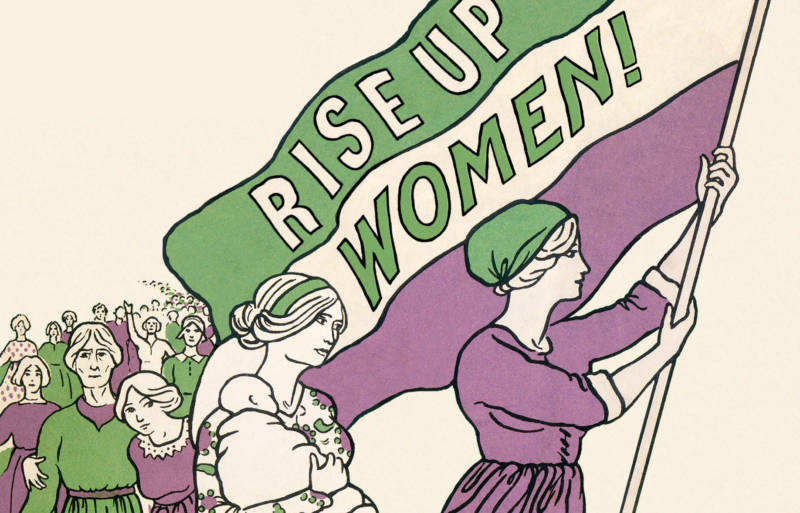If you’ve ever been curious about the day-to-day lives of America’s most beloved suffragists—their relationships to one another, how they spoke about the movement in private, and how they found strength in the struggle—the Library of Congress has a really special gift for you. Not only has it just uploaded its collection of letters, diaries and speeches by the likes of Susan B. Anthony, Elizabeth Cady Stanton and Anna E. Dickinson to the web, it’s asking for the public’s help in transcribing them.
The idea behind the crowdsourcing project is to digitize these historic papers for future generations, make them easier to read, and facilitate the process of locating specific documents via simple word search. A brief glance at the pages demonstrates the current challenges associated with exploring them in their original state. (Turns out these legendary ladies were too busy smashing the patriarchy to dedicate more time to their penmanship.)



Currently, 2,820 volunteers are in the middle of working on 18,000 pages. They’ve already completed 6,781 of the documents, but there are more than 23,000 to go. You too can join in the task from the comfort of your own home, and feel like you’ve done your part for history. In their own time, suffragists asked for “Deeds, not words.” Finally, there’s a chance to give them both.


